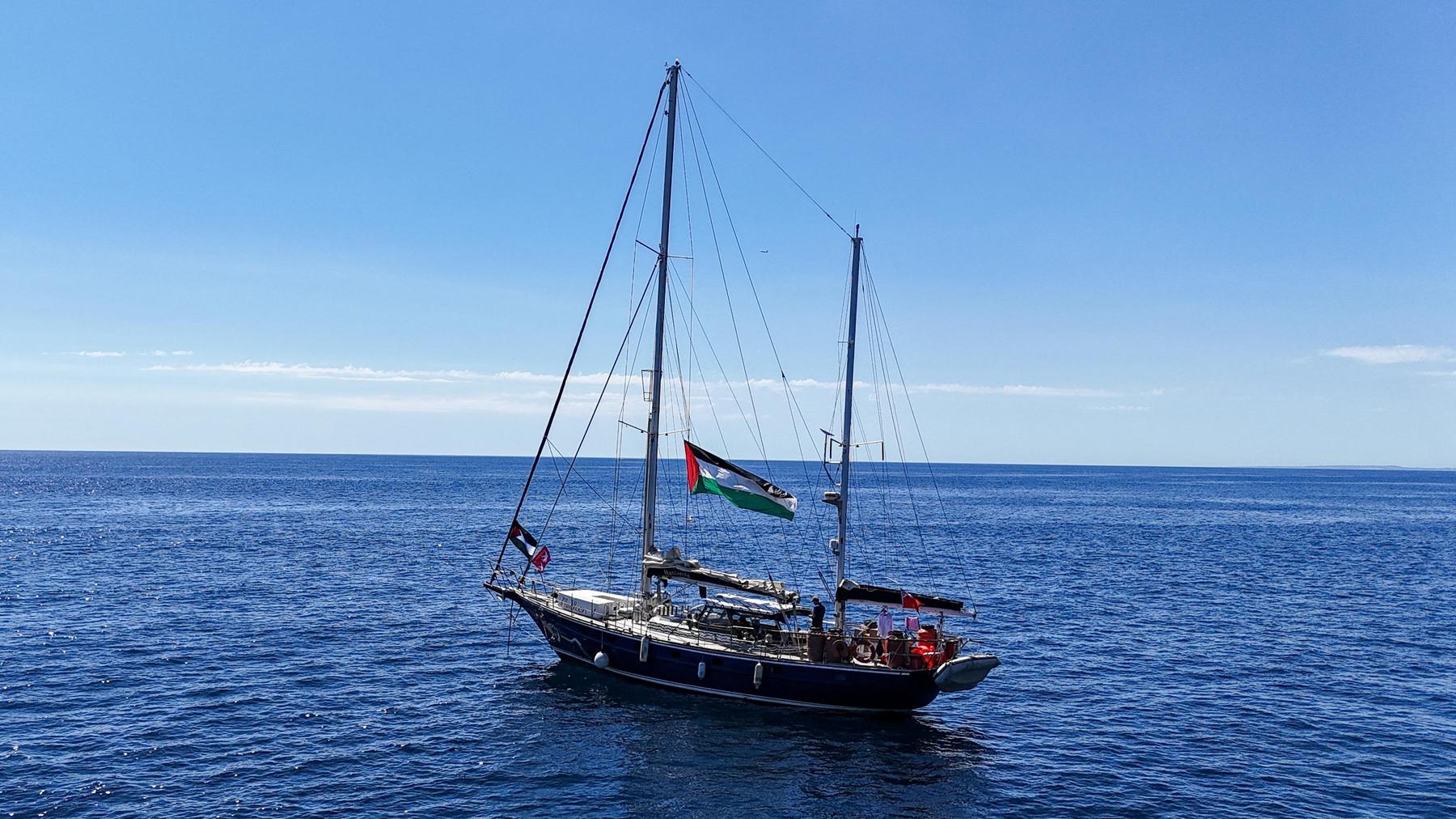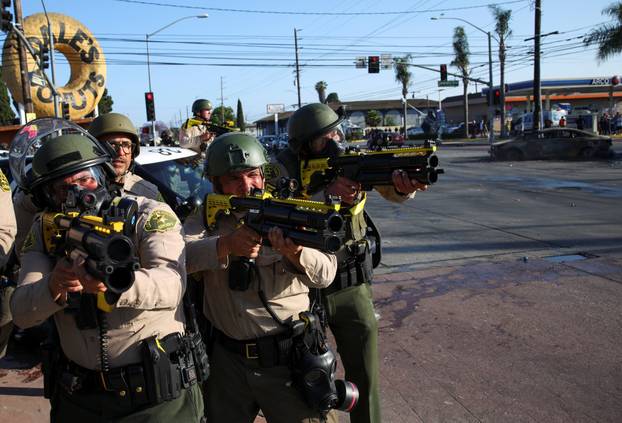The price -conscious consumer buys on both sides of the border
/s3/static.nrc.nl/images/gn4/stripped/data131236081-eb5eae.jpg|https://images.nrc.nl/haLIz9TwsLCK-woukS0-tLygMns=/1920x/filters:no_upscale()/s3/static.nrc.nl/images/gn4/stripped/data131236081-eb5eae.jpg|https://images.nrc.nl/9SkncmQYwyvtPCX3dSPdRsn5rMY=/5760x/filters:no_upscale()/s3/static.nrc.nl/images/gn4/stripped/data131236081-eb5eae.jpg)
Thirty fresh free -range eggs for 5.99 euros. Tim from Borculo has taken three boxes. Furthermore, four pieces of cheese and twelve packs of soft drinks. « Large family, four children, and everything becomes more expensive. I have my addresses for everything. » For Vlees, Tim, who does not want to do this with his last name in the newspaper, goes to a Turkish butcher in Apeldoorn. For eggs, cheese, alcohol, he comes to Ter Huurne Hollandmarkt on the German border about twice a month, ten kilometers from Haaksbergen. « And then I immediately refuel here. »
Pieter Omtzigt (NSC) blew The debate about expensive messages New life this spring, by putting the price difference of 1.20 euros between a game of apple sauce at Albert Heijn in the Netherlands and Belgium on the political agenda. But price -conscious consumers from the border region have been able to find Ter Huurne (since 1943) for much longer.
When you enter the store, you will immediately see why three -quarters of the customers come to Ter Huurne from Germany. Endless shelves full of large packaging coffee, with a coffee bar where customers can taste. In the offer: Segafredo, a kilo of beans for 10.79. That is already cheap by Dutch standards, but in Germany, where the load on a kilo of coffee is 2.19 euros, coffee is often much more expensive.
Rob Steverink (61), commercial manager of Ter Huurne, has been in the border trade since he was eighteen. For coffee he even has a separate wholesaler. Price differences between the Netherlands and Germany are his earnings model.
« We focus on excise articles, » says Steverink. He often gets coffee from Italy himself, with trucks at the same time. He sells a lot of alcohol and tobacco to Dutch people, via the entrance to the liquor store on the German side. There are much higher excise duties in the Netherlands.
Photo Eric Brinkhorst
Ter Huurne also has a large drugstore, because in the Netherlands painkillers are much cheaper. And then those eggs, how can they be so cheap? « They fall under the strategic pillar items: we take less margin to attract customers. »
This kind of border trade has some feet in the earth, says Steverink. The EU may have free movement of goods, each country has its own rules and taxes. « For example, in the Netherlands there is packaging tax over it, and the ingredients must be on it in Dutch. »
The fact that Ter Huurne can often offer products cheaper than competitors has more explanations than just excise duties, he says. « We don’t have an expensive online store next to it. And we buy many parties. If a few pallets are left, suppliers will find us. »
Ter Huurne Hollandmarkt is in many ways atypical, and incomparable with the large supermarket chains. What this border store does show: it is too simple to say that groceries in the Netherlands are more expensive than across the border.
Expensive deodorant
Sunscreen from Nivea: 26.50 euros in the Netherlands, 21 euros in Belgium, 8.95 in Germany. « How do you explain that price difference? » Asks Jesse Klaver (GroenLinks). He pops up the two blue bottles from his shopping bag at a round table discussion with the industry in the Lower House, earlier this month.
Pieter Omtzigt brought, in addition to his well-known jars of apple sauce, deaf deodorant. « I can give you a very long list that people really see that it is more expensive in the Netherlands, » he says. How does Unilever explain, « with a gross profit of around 10 billion », that the deodorant in the Netherlands is even more expensive in the bonus than in Germany? « Somewhere, mega wins are made on basic products. »
/s3/static.nrc.nl/images/gn4/stripped/data131252835-8232a7.jpg|https://images.nrc.nl/0qvfKStK-8xxoHLK-VXWeCKj6VY=/1920x/filters:no_upscale()/s3/static.nrc.nl/images/gn4/stripped/data131252835-8232a7.jpg|https://images.nrc.nl/c5pnXdNkr5YsOAQF7aBsXCRtAaE=/5760x/filters:no_upscale()/s3/static.nrc.nl/images/gn4/stripped/data131252835-8232a7.jpg)
The three largest supermarkets (Albert Heijn, Jumbo and Lidl) have been invited to provide insight into the creation of prices. As well as food manufacturers Nestlé and Unilever, preserving manufacturer Hak, and Everest, a purchasing organization that negotiates with suppliers on behalf of supermarkets.
The purchase price determines the margin, the supermarkets say somewhat cryptic. What it comes down to: the margin differs per product, you have to look at « the whole basket » to compare countries.
And don’t forget, said Tom Heidman of Jumbo, about a quarter of supermarkets turnover now comes from offers. In the Netherlands you buy sunscreen when it is on sale. The basic price is higher, but the consumer does not always pay.
It puts him supermarkets are put away like ‘graaiers’. « At a turnover of 11.3 billion we make 28 million euros net profit. That is 0.3 percent and that is far too little, » says Heidman as interim director of Jumbo.
Don’t stare blindly at the lowest price
The supermarkets all say they want low prices. If only to stay ahead of the competition – in the Netherlands you can find a supermarket every 900 meters that might be cheaper.
Albert Heijn uses relatively high margins on sustainable products, to keep fresh fruit and vegetables affordable. Low margins on bananas means, shortly through the bend, higher prices for apple sauce or deodorant. Supermarkets, Lidl director Peter de Roos, also emphasizes between price-sensitive consumers on the one hand and farmers and growers on the other side.
« Don’t stare blindly at the lowest price, » says marketing director Nicole Freid van Hak – of the apple sauce. « The grower is also entitled to a good sandwich. » According to Freid, it is up to the supermarkets that the apple sauce in the Netherlands is more expensive than in Belgium. They determine the prices. « Hak does not benefit from high prices, then we will praise ourselves from the market. »
Unilever and Nestlé have their own story. Yes, their margins are sometimes 15 percent higher than those of the supermarkets. Supermarkets get profit from Massa, producers have to invest in research and development of new and more sustainable products. The business model is different, tries to explain the sales director of Unilever. Margins differ in every link in the chain, what counts is what the shareholders get back for their investments.
And they don’t earn that much on food, says Unilever. It’s not for nothing that the multinational repels more and more food. Raw materials are expensive, energy is expensive, staff is expensive, and so the groceries are also expensive. But not more expensive than across the border, Unilever argues. Dutch prices are higher than those in Eastern Europe. But lower than in Germany, Belgium and France.
Smaller packaging
Suppliers are legally not about retail prices, the reality is different, according to Gianluigi Ferrari, the boss of the Everest purchasing office. It is fakehe says firmly, that supermarkets determine the price.
Producers make the packaging for the Netherlands smaller, or adjust the recipe slightly, and do not allow the German variant to be sold in the Netherlands. According to Nestlé, supermarkets ask for adjustments themselves, for example because they find the standard package too large. But Ferrari says: this kind of ‘territorial delivery restrictions’ float up the prices.
Ferrari is on a warpath. He « fights » for low supermarket prices. By negotiating at the same time for more supermarket chains in different countries, he is a powerful party towards producers. Without Everest the groceries would be much more expensive.
By having supermarkets temporarily boycott brand products – think of Douwe Egberts and Pickwick, early this year – The purchasing organization forces better prices. But such a transactional relationship does not work on all fronts.
/s3/static.nrc.nl/images/gn4/stripped/data131236084-fcc051.jpg|https://images.nrc.nl/VN_-3CrVaUNNXiOjqUvsylxGzCc=/1920x/filters:no_upscale()/s3/static.nrc.nl/images/gn4/stripped/data131236084-fcc051.jpg|https://images.nrc.nl/Mk-oqaCvLRY8IjCq6hFROwt4usE=/5760x/filters:no_upscale()/s3/static.nrc.nl/images/gn4/stripped/data131236084-fcc051.jpg)
Photo Eric Brinkhorst
Sometimes supermarkets want to pay a little more. In order to offer farmers more certainty, and for example to stimulate improvement of animal welfare or less pesticidal use, supermarkets conclude long -term contracts. Farmers receive a premium for this. « The Netherlands is at the forefront, » says Laurens Sloot, professor of retail marketing at the University of Groningen.
And yet, says Sloot, if you look at a ‘wide basket’ of fresh and sustainable products, Dutch supermarkets are still about 3 percent cheaper than those in neighboring countries. « Quite remarkable », because VAT is higher on most foods in the Netherlands than in Belgium and Germany. The supermarkets are, precisely because Dutch customers are bargain hunters, « only partly succeeded in passing on all increased costs to the consumer, » according to Sloot.
Throughout the board, long-lasting products and A-brands are now a bit cheaper in Belgium, says Sloot « But you can just as easily mention examples in which the Netherlands is cheaper than Belgium. » Opposite the apple sauce, he puts the Chinese tomato soup from Unox: 2.49 euros in the Netherlands, 4.49 in Belgium.
Alina Bokowski and her partner from Hamm, Germany, come out at Ter Huurne Hollandmarkt with a few small messages. At home everything has become expensive. The plan was to make coffee, after a visit to the furniture outlet in Enschede. But the coffee here is no longer as cheap as in their memory. « Das War Einmal.«

/s3/static.nrc.nl/wp-content/uploads/2025/06/08235751/ANP-529588170.jpg)
/s3/static.nrc.nl/images/gn4/stripped/data133399241-6ad92c.jpg|https://images.nrc.nl/ncsa3XBKuETlGYg_Wlr8cfgTTw0=/1920x/filters:no_upscale()/s3/static.nrc.nl/images/gn4/stripped/data133399241-6ad92c.jpg|https://images.nrc.nl/W4xDTlHc4KrgbA-HSnxicjrFiok=/5760x/filters:no_upscale()/s3/static.nrc.nl/images/gn4/stripped/data133399241-6ad92c.jpg)
/s3/static.nrc.nl/images/gn4/stripped/data133397414-025eb4.jpg|https://images.nrc.nl/JsdtEUV_tJ0-3GGTbIr3__hsEqU=/1920x/filters:no_upscale()/s3/static.nrc.nl/images/gn4/stripped/data133397414-025eb4.jpg|https://images.nrc.nl/CXU-MLAgsSWg4TuSisudmDxT7ec=/5760x/filters:no_upscale()/s3/static.nrc.nl/images/gn4/stripped/data133397414-025eb4.jpg)




